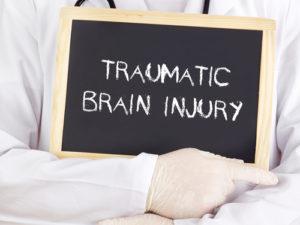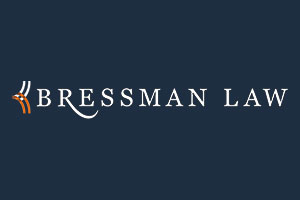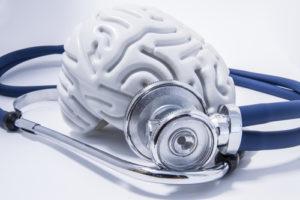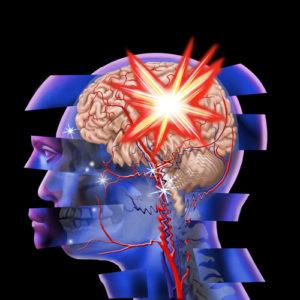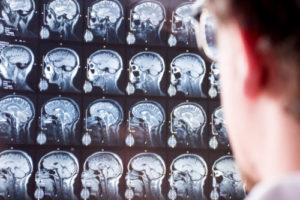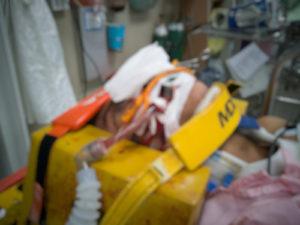

The University of Cincinnati (UC) Department of Neurosurgery is studying the damaging aftereffects of a traumatic brain injury, called secondary injury. This refers to the “waves of electrical disturbance,” as UC calls them, that travel through the brain after a traumatic brain injury (TBI), causing additional injury.
The TBI Secondary Injury Study
The Psychological Health/Traumatic Brain Injury Research Program at the Untied States Department of Defenses provided a $4.7 million grant to the University of Cincinnati and five other universities for this study. The research team will look at less invasive techniques to monitor the waves causing secondary injury.
In conducting this research, the team will look at 200 patients at the UC Medical Center. The team will measure the patients’ brain waves in two ways. First, they will place monitoring electrodes directly on patients’ brains during surgery (invasive). Second, they will place a second set of electrodes on the patients’ scalps (non-invasive).
“The invasive recordings will allow us to interpret the non-invasive scalp (EEG) recordings and confirm whether or not spreading [waves] are occurring,” according to Dr. Jed Hartings, lead investigator for the study. Hartings hopes the study will lead to the development of criteria needed to recognize brain waves in patients with TBIs but who do not need surgery.
“Knowledge of whether spreading depolarizations are occurring in these patients would revolutionize neurotrauma care by allowing clinicians to administer treatment selectively and to adjust therapeutic intensity according to its ability to block the [waves],” he said.
For a free legal consultation, call (614) 538-1116
What is a Traumatic Brain Injury?
Briefly, a TBI may result from sudden trauma that causes damage to your brain. A TBI is often the result of the head violently striking an object – or vice versa – which causes the brain to strike the inside of the skull.
A TBI may result from an automobile accident involving a blow to your head, such as if your head strikes the windshield, side window, steering wheel, or vehicle frame.
Take Action, You May Be Entitled to Compensation
If you suffered TBI from an auto accident injury that another driver caused, you may be entitled to compensation. Compensation may include, but is not limited to, medical expenses, pain and suffering, lost wages and loss of enjoyment of life. Yet, you must show that the other driver caused the accident.
Work with a traumatic brain injury attorney to prove your case, and establish the value of your short- and long-term damages. Fortunately, Bressman Law is here for you. Call us today at (614) 538-1116 to schedule a FREE consultation about your case. You owe us nothing unless we recover compensation for you.
Call or text (614) 538-1116 or complete a Free Case Evaluation form

